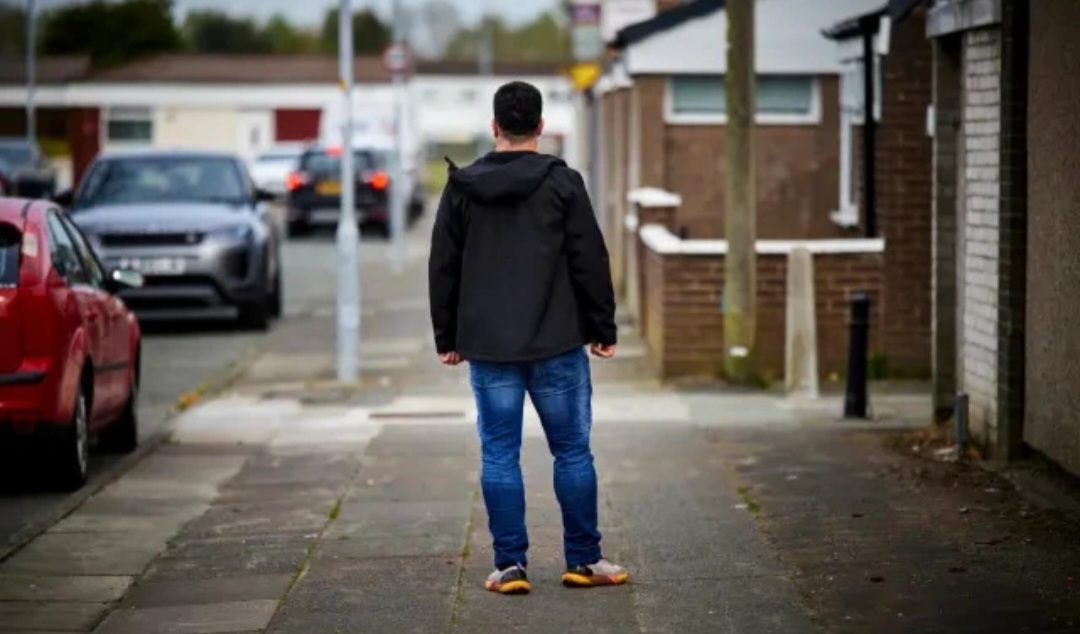
In a recent development that has sparked widespread concern and debate, an Iranian asylum seeker, referred to here as Roozbeh, is facing the possibility of deportation from the UK to Rwanda under a controversial new government policy. Roozbeh, a 34-year-old civil engineer, fled Iran due to religious persecution after converting from Islam to Christianity.

His journey to the UK, fraught with peril and uncertainty, ended in Liverpool where he has since been living. However, the UK’s plan to send certain asylum seekers to Rwanda for processing has left him and many others in a state of fear and uncertainty.
According to The Guardian, Roozbeh’s ordeal began when he crossed the border from Iran into Turkey, marking the start of a dangerous and obscure journey through multiple countries, facilitated by smugglers. After a harrowing 21-day journey that included a risky passage across the English Channel in an overcrowded dinghy, he was rescued by the UK Border Force. Despite the relief of reaching safety, Roozbeh’s challenges are far from over. He recently received a notice of intent that he could be sent to Rwanda, a prospect that terrifies him.
The UK government’s policy, introduced in April 2022, stipulates that asylum seekers who entered the UK “illegally” from safe countries like France after January 1, 2022, may be relocated to Rwanda to have their asylum claims processed there. This policy has been met with significant criticism from human rights organizations and the public, citing concerns over Rwanda’s human rights record and the ethical implications of transferring asylum seekers to another continent.
Roozbeh, who has not yet had his asylum interview, is required to report to the authorities every two weeks, a process that adds to his anxiety about being detained and deported. The fear of being sent to Rwanda is palpable not only among asylum seekers but also among the local communities and charities with which Roozbeh volunteers. The shared stress and apprehension highlight the broader implications of the policy on the mental health and well-being of all involved.
Critics of the policy argue that it treats asylum seekers as less than human and fails to consider the desperation that drives individuals to undertake dangerous journeys to seek safety. Roozbeh himself questions the logic behind the policy, pointing out the irony of being rescued from the Channel only to face potential deportation to a country he knows little about and where he fears further persecution or even deportation back to Iran.
The UK’s approach to handling asylum seekers through the Rwanda plan has been challenged legally and morally. The Supreme Court of the UK ruled the policy unlawful in November 2023, but subsequent legislative changes have sought to circumvent these legal obstacles, continuing the policy amidst ongoing legal and public opposition.
As the debate continues, Roozbeh and many others like him live in limbo, caught between gratitude for the sanctuary they have found and fear of what the future holds if the policy is fully implemented. The situation raises critical questions about the balance between national immigration control and the international obligation to protect those fleeing persecution and conflict.




